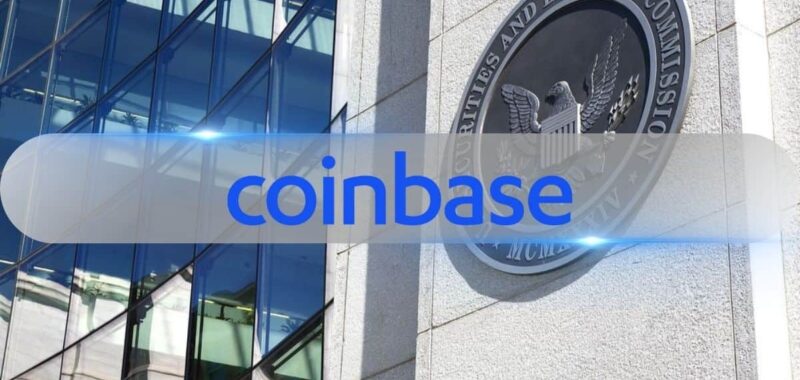The U.S. Securities and Exchange Commission (SEC) has seemingly tracked back on previous statements suggesting that crypto assets themselves are securities.
This retraction comes amid the agency’s ongoing legal case against Binance, one of the largest cryptocurrency exchanges in the world.
SEC “Regrets” Confusion Caused by Wording
Attention to the SEC’s shift was drawn by Paul Grewal, the Chief Legal Officer (CLO) of Coinbase, in an X post published on September 13.
In it, the lawyer shared a screenshot of Footnote 6 in the regulator’s amended filing against Binance, where it explained that it was not labeling crypto assets as securities but rather referring to the investment contracts around them. Further, the agency stated it “regrets any confusion it may have invited” by previously implying otherwise.
This update was significant, given that the term “crypto asset securities” has been a point of contention in the watchdog’s legal battle with the industry.
Grewal’s counterpart at Ripple, Stuart Alderoty, has been an outspoken critic of the SEC’s language. Recently, on social media, he slammed the agency for inventing the term “crypto asset security” without any legal basis. “It’s a fabricated term with no legal foundation,” Alderoty argued, accusing the regulator of misleading courts and the public.
His remarks came after the financial authority used the language in a challenge against FTX, claiming the bankrupt exchange’s stablecoin holdings were “crypto asset securities.”
Binance Accused of Offering Unregistered Securities
Many within the crypto community have criticized the regulator over its inconsistent messaging, with some alleging that it is a deliberate part of its broader “regulation by enforcement” campaign.
A case in point is the SEC’s lawsuit against Binance, where the Commission claims the exchange offered unregistered securities to the public, including its native token BNB.
It also accused the crypto company of improper practices, such as commingling customer assets and engaging in wash trading to inflate trading volumes through an entity controlled by its former CEO, Changpeng Zhao.
Despite the serious charges, the crypto exchange has consistently denied any wrongdoing, stating that user funds were never at risk and that it has always complied with legal requirements.

